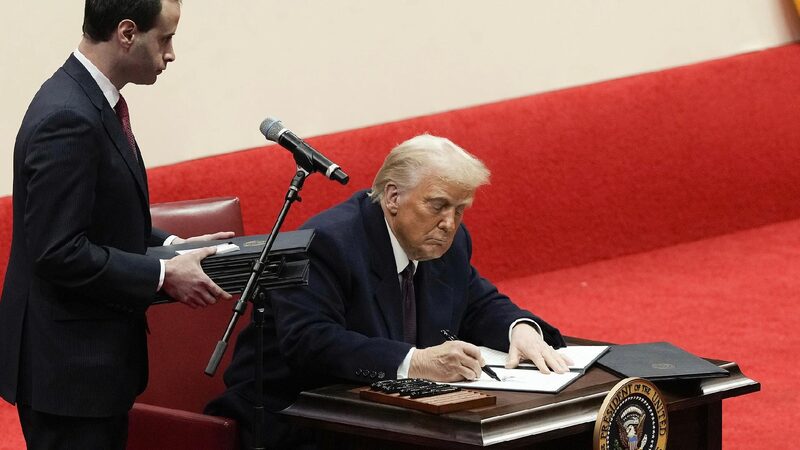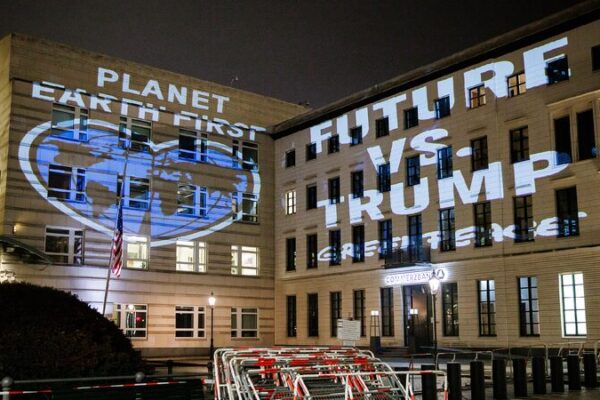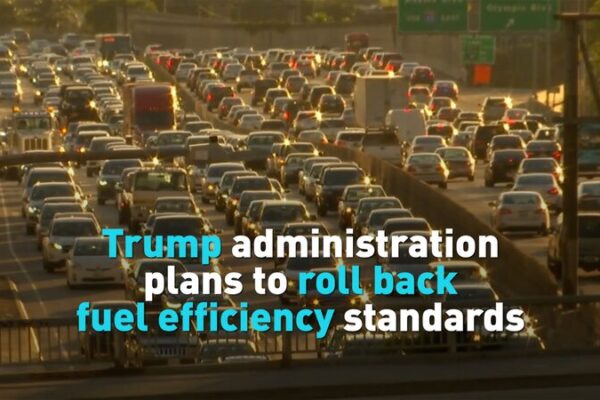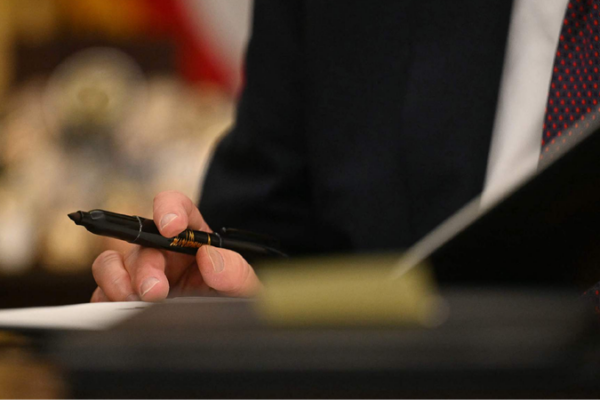In a move that shook the global community, former U.S. President Donald Trump announced in 2017 that the United States would withdraw from the landmark 2015 Paris Agreement on climate change. The decision sparked widespread concern about the future of global climate efforts and the potential slowing of transitions to clean energy.
Trump, a known skeptic of climate change, argued that the agreement was disadvantageous to the U.S. economy and favored other countries. His administration prioritized fossil fuel development and sought to reverse many environmental regulations put in place by previous administrations.
However, despite fears of a significant setback, the impact of the U.S. withdrawal was not as detrimental to global climate governance as initially anticipated. Nations around the world reaffirmed their commitment to the Paris Agreement, strengthening their efforts to combat climate change.
Global Commitment Remains Strong
The European Union, China, India, and many other countries intensified their climate actions, investing heavily in renewable energy and sustainable technologies. The global capacity for renewable energy nearly doubled from 2015 to 2023, according to the International Renewable Energy Agency, reaching 3,865 GW.
Economic Forces Drive Clean Energy Transition
One of the key factors mitigating the impact of the U.S. withdrawal was the decreasing cost of renewable energy. Solar power costs dropped by 90% between 2010 and 2023, while wind energy costs fell by 70%. These economic incentives made clean energy increasingly attractive, driving global investment regardless of U.S. federal policies.
Subnational Actions in the U.S.
Within the United States, numerous states, cities, and businesses continued to pursue aggressive climate goals. Coalitions like the U.S. Climate Alliance and “We Are Still In” pledged to uphold the nation’s Paris Agreement commitments, demonstrating significant subnational support for climate action.
Looking Ahead
While the federal withdrawal signaled a temporary shift in U.S. climate policy, the overall trajectory toward a cleaner, more sustainable future remained resilient. The global momentum for addressing climate change continued, emphasizing that no single nation’s policies could halt the collective efforts to mitigate environmental impacts.
Reference(s):
Trump's second withdrawal from Paris Agreement to have limited impact
cgtn.com








